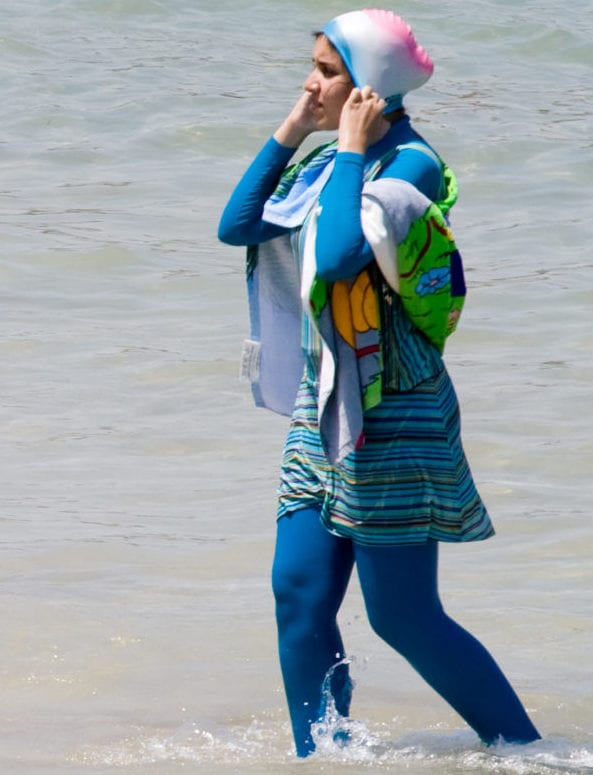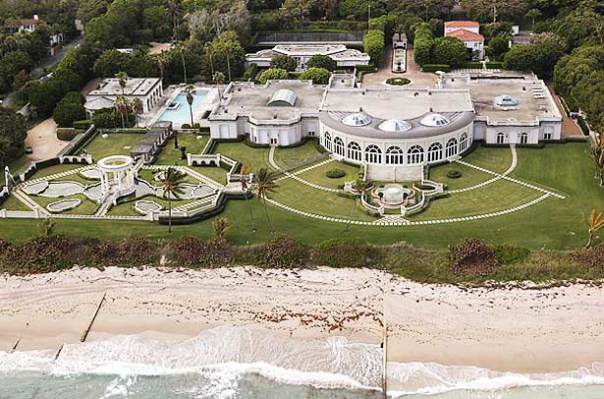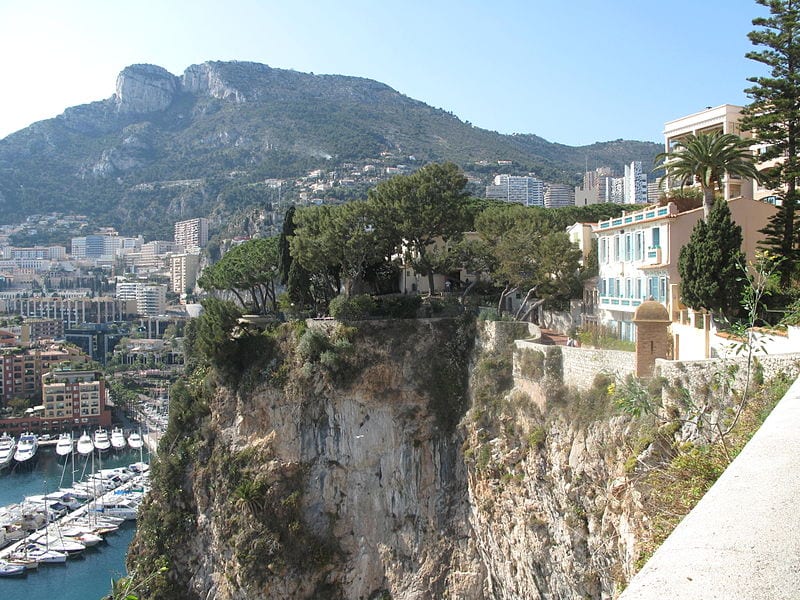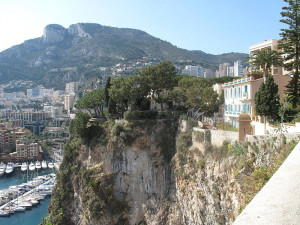Anyone thinking of driving to the UK next week may have to change plans, after shopkeepers, businessmen, farmers and police unionists in Calais pledged to block “indefinitely” the motorway leading to the port with a “human chain”, saying they will not break it until the migrant Jungle camp that has now swollen to up to 10,000 people is totally dismantled.
The unprecedented action, due to start on Monday, came as the local head of France’s national haulage federation warned: “Migrant violence hasn’t gone up a notch, it’s gone up 10 floors.”
Lorry driver representatives issued a joint call with an umbrella group of shops and businesses in Calais, the CGT union, farmers and the SCP Police union, saying that they had run out of less militant ways of calling a “halt to insecurity in Calais”.
“What we want is a date for the dismantling of the northern part of the Jungle,” said Frédéric Van Gansbeke of le Grand rassemblement du Calaisis, a group representing local Calais residents. “We will not move until we get a date [for its removal],” he told La Voix du Nord, the local newspaper, calling the blockage “indefinite”.
Starting on Monday at 7 am, the different groups will unite to block the A16 motorway in a “snail” operation to block traffic. They have called on local Calais residents to join them to form a “human chain” starting at the Epopée stadium and moving to the A16.
Mr Van Gansbeke said they were “changing tack” after the state showed it was “safeguarding the migrants and not shopkeepers, port workers, hauliers, tourists and farmers”.
The group called on locals to “take the day off” and join them.
“We haven’t slept for the past six months due to migrants crossing our properties,” said Xavier Foissey, a farmers’ representative.
David Sagnard, local head of France’s national haulage federation, said: “Must we risk our life on the motorway just doing our job of haulier, by being a tourist or simply a Calais resident or policeman?”
Alliance, the French police union, said its officers were no longer able to cope with increasing disorder in the migrant camp. “The French police are not the gate guards of the English,” said Jean-Claude Delage, head of the Alliance.
“Our force is just receiving blows. This has to end,” he told Le Figaro newspaper.
Gangs of armed people-smugglers operating around Calais have started systematically forcing lorries to stop before they reach the port so migrants can break in. Philippe Mignonet, deputy mayor of Calais, has described the main route to the port as a “no-go area” between midnight and 6am.
The motorway is regularly blocked with felled trees and debris by masked smugglers, often brandishing large sticks and sometimes knives. French police responded to mounting political pressure by rushing 140 additional officers to the area this weekend.
The leader of the northern France region said that the border deal should be scrapped unless Britain agreed to the changes. Xavier Bertrand, president of the Hauts-de-France council, called for the creation of a so-called hotspot in the Calais area where migrants could apply for asylum in Britain.
About 200 migrants from Calais are making it across the Channel in lorries every week, French officials and security sources said over the weekend.
The estimate – equivalent to more than 10,000 illegal migrants arriving each year –represents a surge in the number of so-called “lorry drops”, when migrants hiding in the back of goods vehicles jump out after safely reaching the UK. (Sources: Le Figaro, Daily Telegraph, La Voix du Nord)
Human chain to block Calais motorway





 According to Monaco-Matin, Monaco bought the fort that sits at the very top of the Tête de Chien rock outcrop that overlooks the Principality with commanding views. The price tag was a reported €13 million and the seller was Orange.
According to Monaco-Matin, Monaco bought the fort that sits at the very top of the Tête de Chien rock outcrop that overlooks the Principality with commanding views. The price tag was a reported €13 million and the seller was Orange.